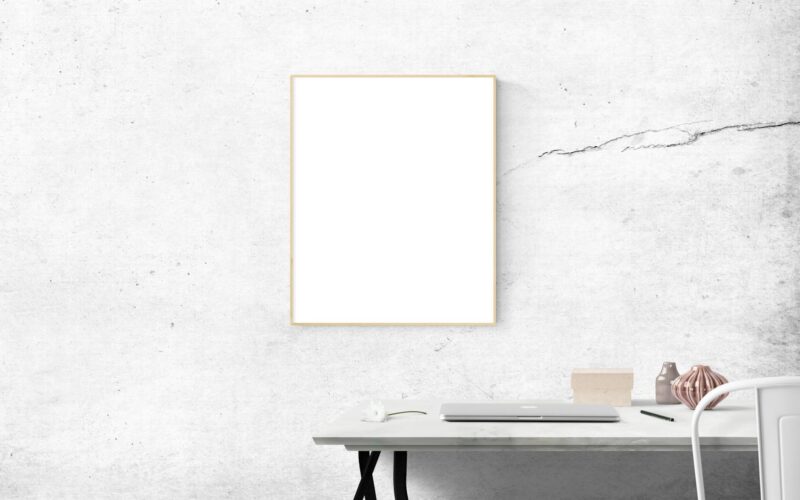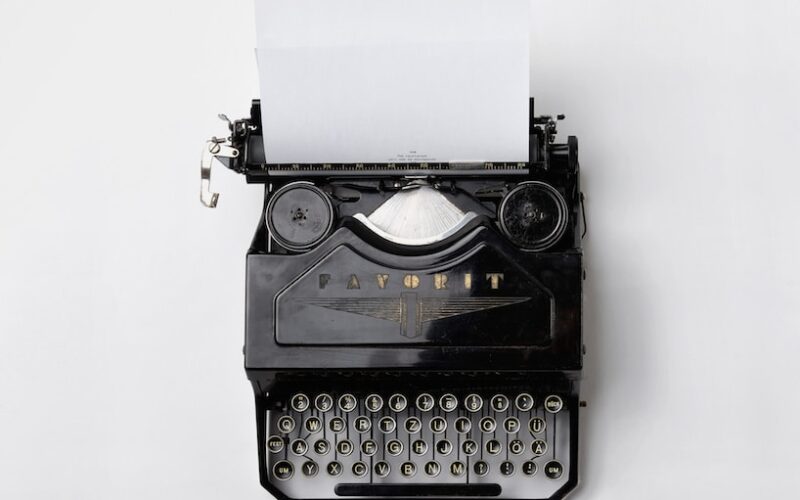Preparing for a Panel Interview: What You Need to Know
Are you feeling overwhelmed at the thought of a panel interview? Do you wonder how many people will be interviewing you? What if you don’t know the right answers? How do you stand out among several candidates? Is the pressure from multiple interviewers adding to your anxiety?
These are common concerns for many candidates. The reality, however, is that preparing effectively for a panel interview can significantly increase your chances of success. With the right knowledge and strategies, you can present yourself confidently, address the interviewers’ questions, and make a lasting impression.
Understanding Panel Interviews
Panel interviews can be intimidating, but understanding their structure can ease your nerves.
-
Definition and Format: A panel interview involves multiple interviewers questioning a single candidate at the same time. This format allows organizations to gather diverse perspectives on a candidate’s suitability.
Panel interviews can vary in size; they commonly include representatives from HR, the hiring department, and sometimes even upper management. Knowing who will be in the room can help tailor your responses to align with diverse expectations.
-
Goals of Panel Interviews: Employers use panel interviews to efficiently evaluate candidates’ skills, interpersonal abilities, and suitability for team dynamics.
Each interviewer typically assesses different competencies, allowing them to see various aspects of your personality and performance. Being prepared for their unique focus can help you showcase your adaptability and competence.
-
Duration and Setting: These interviews usually last 30 to 90 minutes and often take place in a formal office environment or virtually.
Being aware of the timing can help you manage your responses, ensuring each answer is concise yet informative.
Researching Your Interviewers
Conducting thorough research on your panelists is a crucial step for making a strong impression.
-
LinkedIn Profiles: Check the LinkedIn profiles of your interviewers to understand their backgrounds and roles within the company.
Familiarizing yourself with their professional history can offer valuable insights into their interests and priorities, helping you create relatable dialogue during the interview.
-
Company Culture and Values: Investigate the company’s mission, values, and recent news to align your responses with their ethos.
This knowledge will enable you to answer questions in a way that highlights your fit within the company culture, showcasing that you’ve done your homework.
-
Common Questions from Panel Members: Use tools like Glassdoor to discover frequently asked questions during panel interviews at the organization.
This not only enhances your understanding of the interview style but also allows you to prepare tailored responses.
Practicing for the Interview
Practice is key to handling the dynamics of a panel interview with confidence.
-
Mock Interviews: Conduct mock interviews with friends or family members to simulate the panel experience.
Role-playing in a group setting helps you practice balancing eye contact and engagement among multiple interviewers.
-
Answering Behavioral Questions: Prepare for behavioral interview questions using the STAR method (Situation, Task, Action, Result) to structure your responses.
This technique allows you to present comprehensive answers that highlight your problem-solving and teamwork abilities.
-
Body Language and Presence: Work on your non-verbal communication skills to present yourself confidently.
Practicing good posture, maintaining eye contact, and using gestures can enhance your presence and convey confidence during the interview.
Crafting Your Questions
Having insightful questions prepared for the panel will demonstrate your genuine interest in the role and the company.
-
Inquiring about Team Dynamics: Asking about the team’s working style can provide insight into the work environment.
Questions like “Can you describe the team culture?” can help you assess if it aligns with your values and work style.
-
Career Development Opportunities: Inquiring about growth within the organization signals your long-term interest.
A question such as “What paths do employees typically follow in this organization?” reflects your ambition and desire to contribute meaningfully.
-
Recent Projects and Challenges: Asking about ongoing projects can show your proactive mindset.
For example, “What are some current challenges the team is facing?” can engage your interviewers in a discussion that highlights your problem-solving capabilities.
Post-Interview Follow-Up
After the interview, a well-crafted follow-up can solidify a positive impression.
-
Thank-You Notes: Sending a personalized thank-you note to each panelist can reiterate your interest and appreciation.
A thoughtful message acknowledging something specific discussed during the interview can strengthen your connection with the interviewers.
-
Reflect on Your Performance: Take time to assess what went well and areas for improvement after the interview.
This self-reflection can provide valuable insights for future interviews, enabling you to continuously enhance your performance.
-
Stay Engaged with the Company: Keep an eye on the company’s developments and consider connecting with your interviewers on professional networks.
Engaging with the company after the interview can signal your ongoing interest and help keep you top of mind for future possibilities.
With targeted preparation and thoughtful engagement, panel interviews can transition from nerve-wracking challenges to opportunities for showcasing your best self. The keys to success lie in understanding the interview format, researching your interviewers, practicing rigorously, asking relevant questions, and following up effectively. Start preparing today, and you might just find yourself excited (rather than anxious) for your next panel interview.
Facing My Own Fears: The Journey Through Panel Interviews
As I prepared for my first panel interview, I was overwhelmed by a wave of anxiety. It felt daunting to think about multiple interviewers staring at me, attempting to gauge my every word and gesture. I vividly remember the sleepless nights that preceded my interviews, filled with self-doubt and anxiety. What if a question stumped me? What if I couldn’t connect with the interviewers? These thoughts plagued my mind, making me second-guess my abilities.
I recall one specific panel interview where I faced a mix of professionals from HR, my potential future team, and a few managers from upper management. As I sat there, I could feel my heart racing and palms sweating. However, I knew I had to take control of the situation. I used my fear as fuel to prepare. I researched each member of the panel and discovered their professional backgrounds and current interests, allowing me to form a connection with them in my responses.
During the interview, I implemented the STAR method to structure my answers. Instead of becoming flustered by the questions, I focused on sharing specific situational examples from my past experiences. I remember highlighting a time when I led a project that significantly improved sales by 25%. The panel was engaged and responsive, and my confidence began to grow.
Despite the pressure, I made a monumental effort to maintain good eye contact and express an engaged body posture. After the session, I took a moment for self-reflection, recognizing that the experience—though initially intimidating—was transformative. By embracing vulnerability and using it as motivation, I was able to overcome my anxieties and leave a memorable impression.
My journey through panel interviews taught me that preparation doesn’t solely focus on answering questions; it’s also about understanding the dynamics of the interview panel and utilizing strategies to thrive. I encourage anyone facing similar fears to take those anxious feelings and convert them into a powerful source of motivation.
Interview Dynamics: The Numbers Behind the Process
Understanding the data behind panel interviews can illuminate their significance and help prospective candidates grasp the competitive nature of this format. Research indicates that 42% of companies conduct panel interviews as part of their hiring processes. This is due to the efficiency and breadth of insights gained from multiple perspectives during the selection process.
67% of employers value social skills just as much as academic qualifications when assessing candidates in panel interviews. Furthermore, panel interviews reduce hiring time by about 30%, making them an appealing option for organizations looking for qualified individuals swiftly.
During these interviews, candidates have approximately 60 seconds to make a strong impression. Studies show that non-verbal cues contribute to 55% of that initial impression, with body language and facial expressions playing crucial roles. Surprisingly, 93% of hiring decisions are influenced by non-verbal communication; thus, mastering these aspects can greatly boost a candidate’s chances.
Preparation for panel interviews vastly varies. On average, candidates dedicate 10 hours to researching the company and preparing responses—this can significantly impact their performance.
After an interview, following up is also critical. About 80% of candidates fail to send thank-you notes post-interview, thus missing an opportunity to reinforce their interest. On the flip side, candidates who send personalized follow-ups are 34% more likely to receive a positive response from their interviewers.
Statistics also reveal that the effectiveness of the STAR method can lead to a 25% increase in successful outcomes, as employers appreciate candidates who can demonstrate tangible results from their experiences.
In summary, the statistics surrounding panel interviews underscore their importance and highlight key factors contributing to successful outcomes. From the dynamics of team assessments to impactful communication, these insights serve as a roadmap for candidates striving to excel.
After sharing my perspective and the relevant data, it’s clear that thorough preparation, understanding the interview structure, and effective follow-up strategies are crucial for making your mark during panel interviews.
Every detail counts, from your responses to your presentation.
Summary: Overcoming my fears during panel interviews has allowed me to grow not only as a candidate but as an individual. Understanding the formalities and dynamics of these interviews was key, and the statistics supporting their methodologies only reinforce the importance of strategic preparation.
Panel interviews are not just a test of knowledge; they are an opportunity to showcase your unique abilities, adaptability, and character in front of multiple decision-makers.
#Preparing #Panel #Interview
















